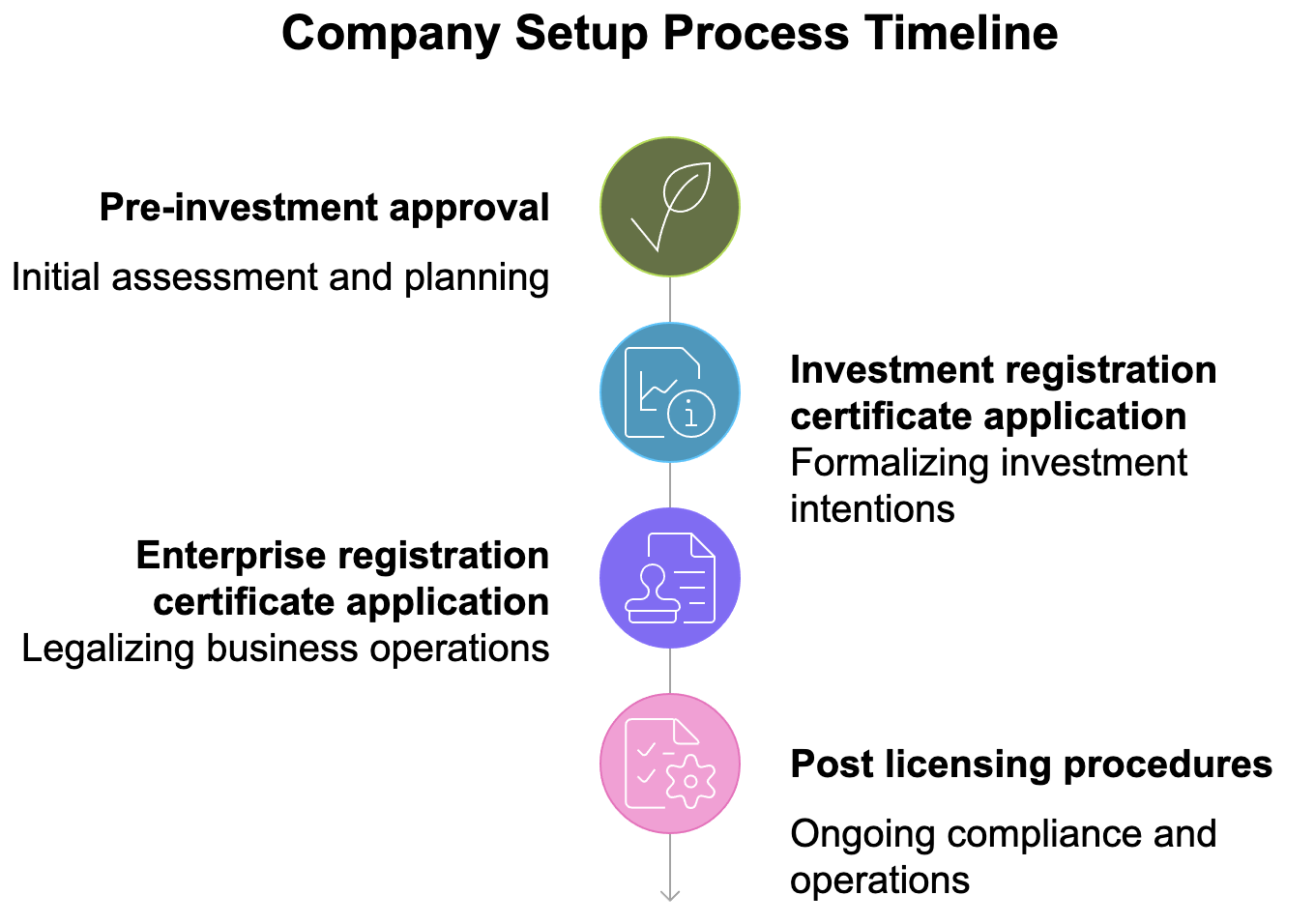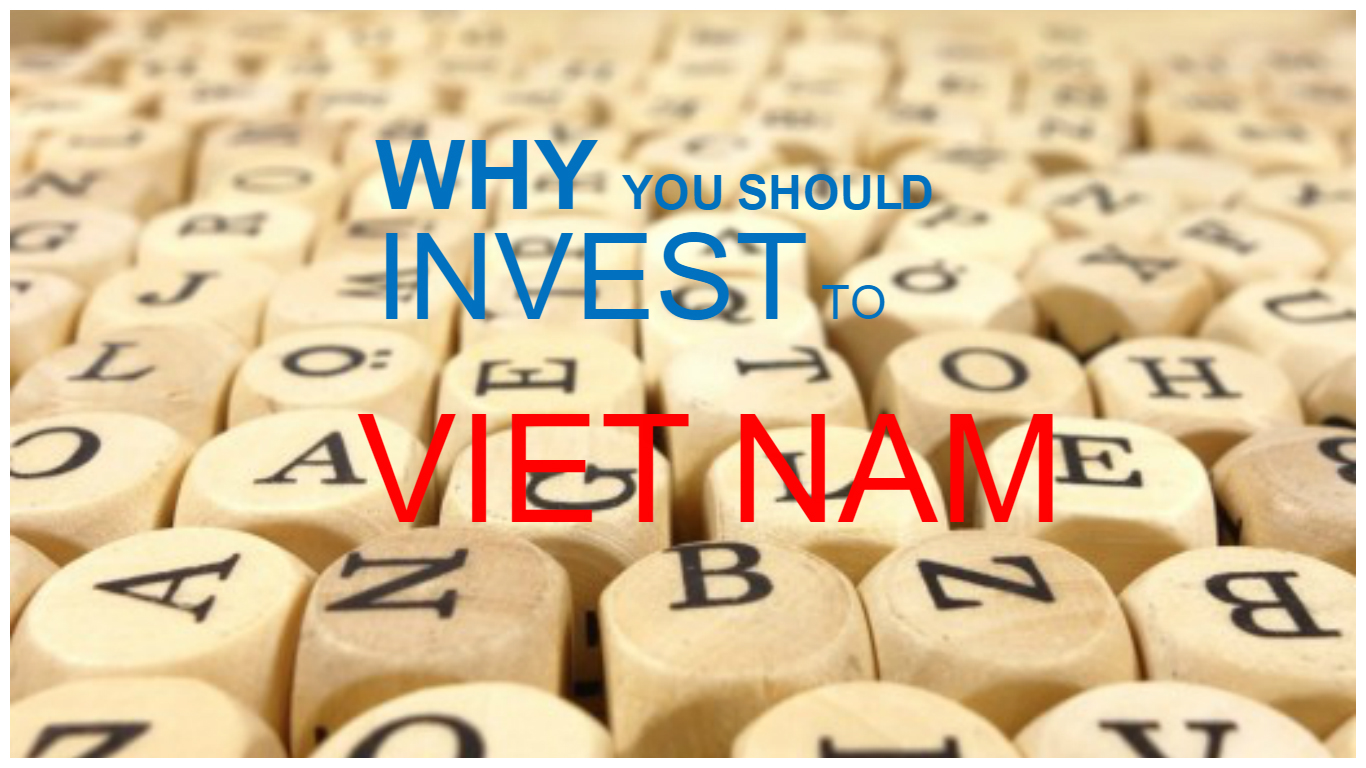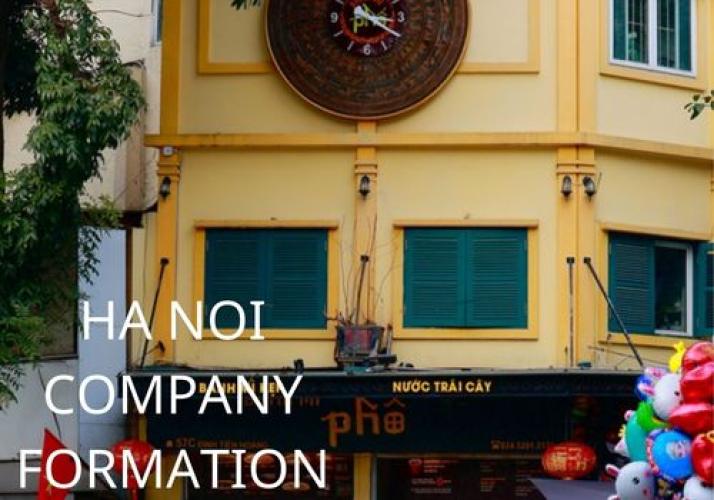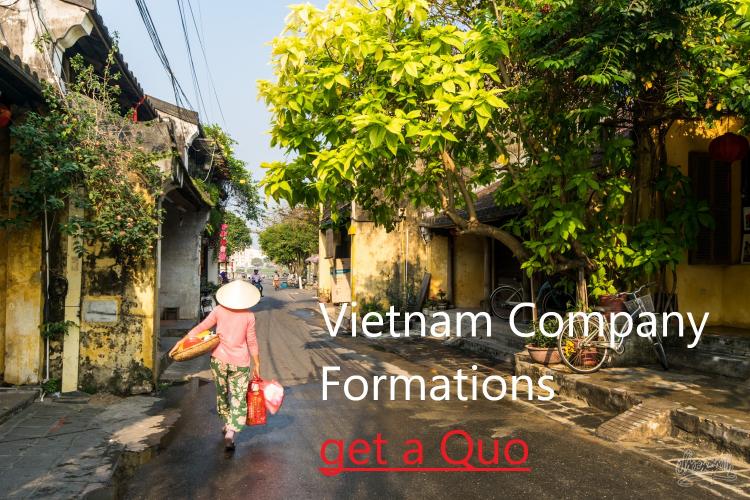Certainly! The cost of opening a company in Vietnam can vary based on several factors, but I’ll provide you with an estimate. Keep in mind that these figures are approximate and subject to change. Here’s a breakdown of the costs:
Business Address: To register a company in Vietnam, you’ll need a business address. If you don’t require a physical location immediately, you can use a virtual address for registration. The average price for a virtual business address package starts at around $80 per month or $970 per year. However, if your business needs a physical location (e.g., office space, retail shop, etc.), leasing costs will vary based on the city and property type1.
Company Registration Service Fee: You’ll need legal assistance to navigate the process. Lawyers can help you choose the right business structure, advise on market entry conditions, and draft contracts. The service fee for company registration typically starts at $1,5001.
Initial Set-Up Costs: These include purchasing a USB token device, getting a company signboard, and registering for VAT e-invoices. The total cost for these initial set-up works is approximately $2701.
Accounting and Audit: You’ll need bookkeeping services and annual audit. The cost for bookkeeping and filing tax reports for one year, along with the annual audit, is around $1,6401.
Total Minimum Cost for the First Year: Adding up the above expenses, the minimum cost to start a business in Vietnam for the first year of operation is approximately $4,3801.
Remember that these figures are estimates, and actual costs may vary based on your specific circumstances. Always consult with legal professionals and consider other optional startup fees as well1. Good luck with your business venture! ?










![REGISTER COMPANY IN VIETNAM AS A FOREIGNERS [BEST ADVICE]](https://lhdfirm.com/data/News/tips-of-set-up-company-in-vietnam-lhd_1715582789.png)






















Comment